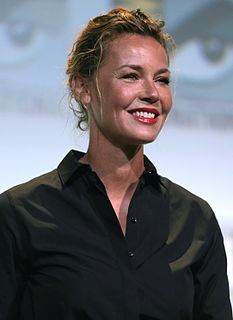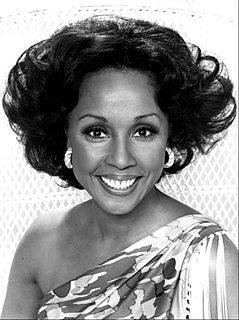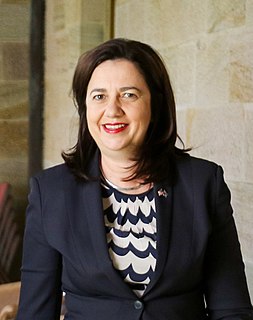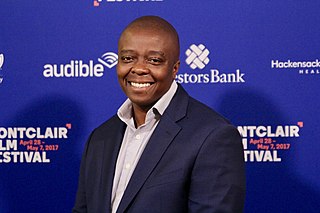A Quote by Connie Nielsen
Human Needs Project is really about how to come up with a different approach to helping, really focusing on the dignity of people living in communities you are not a part of, and how to approach these communities with help, but more look at it as an investment and a collaboration with these communities rather than, 'Here comes the white savior!'
Related Quotes
We should not be living in human communities that enclose tiny preserved ecosystems within them. Human communities should be maintained in small population enclaves within linked wilderness ecosystems. No human community should be larger than 20,000 people and separated from other communities by wilderness areas. Communication systems can link the communities.
Is it different to come out now than it was to come out thirty-five years ago? Sometimes. But if you come out now and you come from poverty and you come from racism, you come from the terror of communities that are immigrant communities or communities where you're already a moving target because of who you are, this is not a place where it's any easier to be LGBT even if there's a community center in every single borough.
My own view - and I'm very open to hearing other perspectives - is that this movement-building needs to begin at home, in local communities. It isn't about trying to launch a brand new national party overnight. It's about people in communities coming together across lines of difference, bringing with them their movements, their families, and coming together and saying, "How can we together build a movement of movements here at home? What would that look like? What do we want to do right here in our communities?"
Human beings need community. If there are no communities available for constructive ends, there will be destructive, murderous communities... Only the social sector, that is, the nongovernmental, nonprofit organization, can create what we now need, communities for citizens... What the dawning 21st century needs above all is equally explosive growth of the nonprofit social sector in building communities in the newly dominant social environment, the city.
I suppose our lives need to be more integrated. We have white communities and black communities and white country clubs and black country clubs. It's very important when we integrate ourselves, and it helps us to have a better understanding of the world, to people all over the world and this is the time in history that we have become very aware of how important that is, so I think it's just really-we have to know each other and work together and play together in order to write about each other.
Latino actors and actresses have had to struggle for decades, but when I came around with Real Women Have Curves, attitudes were starting to change. We screened the film all over the world - in Jewish communities, black communities, Greek communities, German communities - and people across the board said, "That's my family."
One of the things we learned from that panel is the way poor communities use a library is very different from wealthy communities. But the way the library books are measured are by how many books are taken out. And people in poor communities sometimes won't take the book out because they're afraid to. They're afraid of losing it and not being able to replace it.
All communities, and low-income communities especially because of food insecurity and lack of access to healthy foods, need more farmers markets, need more community gardens and urban farms. It would be great if people living in communities had the tools and resources to grow food in their own backyard - community-based food systems.
Every community has crime and violence; it's a part of being human. This idea that black communities are more violent than others is just false. But black folks fight the hardest for our communities. Before governments do, before other people do, we're the first ones to show up. We are the first ones to fight for our lives.




































